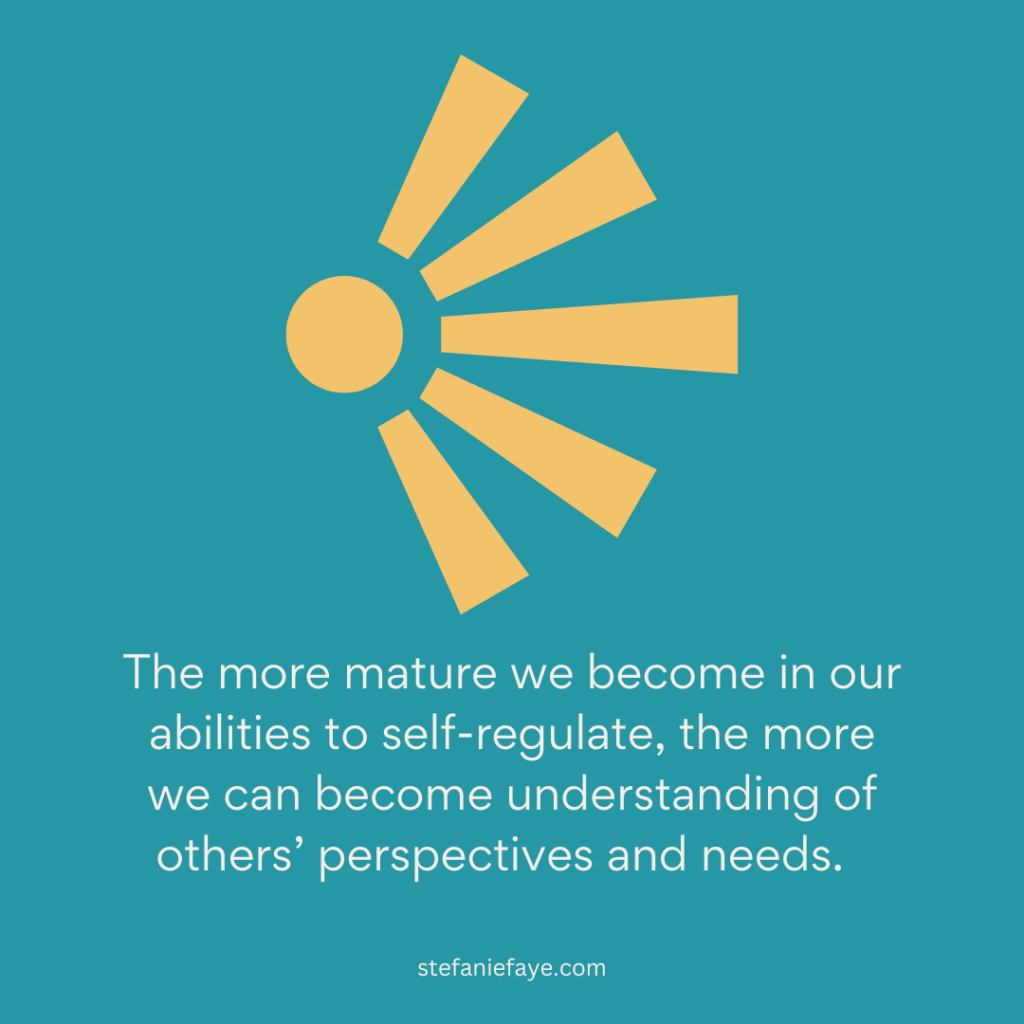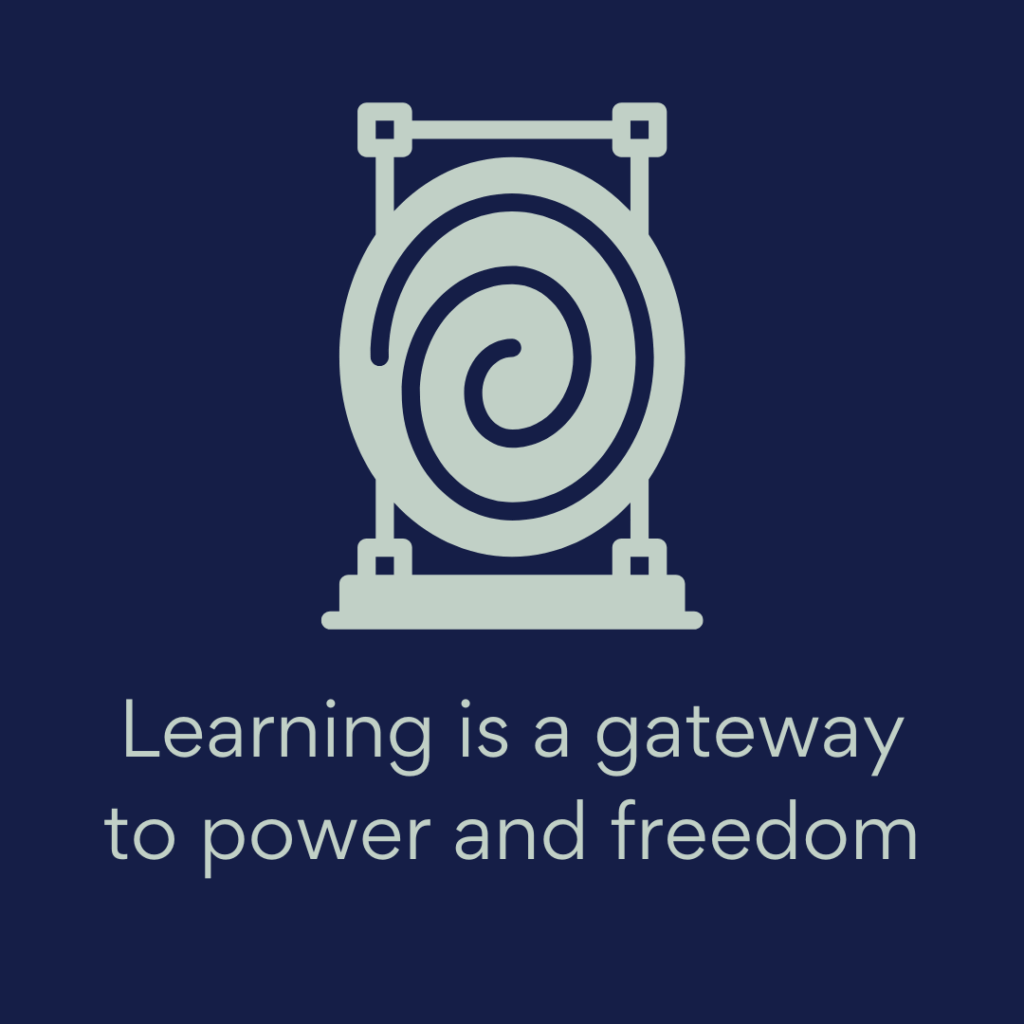
How we regulate ourselves and deal with social danger, rejection, status, comparison, the need for acceptance are tied to neurochemicals.
These neurochemicals are part of who we are and drive many of our behaviors- including constantly seeking external validation, rewards and short-term gratification. They drive us to keep seeking more and more good feelings from external sources.
We are not meant to feel good all the time, however*. Our growth and strength come from mastering our abilities to endure challenges and navigate discomfort. If we don’t figure out how to do that, we end up perpetuating lifestyles and behaviors that lead to suboptimal mental health.
We are at an urgent phase in our society in terms of mental health. We are in need now more than ever of leaders who are showing us new ways of living. Leaders who introduce us to completely new perspectives that challenge us towards self-mastery and self-leadership.

If the sources of information you turn to (whether social media or people) don’t lead you to make healthy choices, or an improved understanding of yourself and others, it may be time to try out new sources of information.
There’s a saying that we had at the Neuroscience lab at NYU when it came to what we expose our brains to each day ‘garbage in, garbage out’.
To get better as a species, we need more evolved Self-Leadership, and models of how to do this from people who are learning to do this for themselves.
Time to step up.
We go over some of these ideas in this Episode of the Mindset Neuroscience Podcast, where I interview Loretta Breuning of the Inner Mammal Institute.
I also cover this in my free mini-book, Super-Regulators: The Science of Self-Regulation and a New Type of Human - which you can get when you subscribe.
In an upcoming post, we will go into the importance of paradigms and how we must focus on mindset in order to get to the root of change or resistance to change.
With Love from Me to You
And with Gratitude to the Leaders who are doing what they can to introduce us to new ways of thinking and self-empowerment
xoxo Stefanie
*there is a state of consciousness where we can become more internally harmonious as neutral observers and witnesses to the fluctuations of neurochemical states that occur. But the fluctuations and inherent nature of being 'enfleshed' as humans includes having sensory receptors PLUS an experience-dependent brain that has both a mammalian component (which includes aspects of territoriality, status, need for social acceptance, pair-bonding, family cohesion) - as well as the symbolic realm and abstract representation mechanisms of the human mind... due to the interplay of all these systems, there will always be fluctuations in internal physiological states. The yogic idea of internal peace comes from the human ability to become a witness to these fluctuations without allowing our full consciousness to become entranced or 'hypnotized' by them. That state of internal harmony is different than the 'feel-good' state that is fully immersed in (and not witnessing) the sensations tied to neurochemicals of dopamine and serotonin for example. I will cover this in some upcoming material.

Late last night, I received an email from a parent after my first session with her daughter (who most people would label difficult). This was one of the sentences that warmed my heart:

The shift I created had to do with mindset - perception. I will share more about this soon. It's incredibly important for us to understand this, especially as we interact with young people. Their self-perceptions are in the process of forming networks that will become more challenging later (although never impossible) to update. A high priority for the wellbeing of society is in the form of how we internally update our own self-perceptions so we can transfer this ability to the next generation, before they become too influenced by algorithms and the suboptimal mental health and regulating behaviors of the majority of the species at this time. More content to come.
#team #community #mission #familyunit #endurance #newera #paradigmshift #systemsthinking


